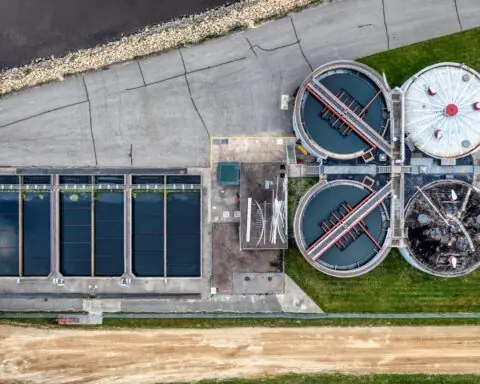The Department of Energy (DOE) is seeking information on how to decarbonize the off-road sector using preferred and promising alternative propulsion technologies. The DOE also wants to identify existing barriers that prevent the U.S. from transitioning to net-zero emissions by 2050. Interested parties must respond to the Progression of Net-Zero Emission Propulsion Technologies for the Off-Road Sector Request for Information (RFI) by June 7, 2024.
Off-road vehicles are designed to operate in areas outside of existing roadway systems. This means off-road vehicles come in a diverse array of types and use cases, making it challenging to standardize decarbonization technologies. Currently, the off-road transportation sector generates 10% of U.S. transportation greenhouse gas (GHG) emissions.
The RFI will help answer three critical questions allowing the DOE to develop a national decarbonization strategy:
- What is the current state of the off-road vehicle fleet?
- Which powertrain technologies are most promising for decarbonization of off-road vehicles?
- What is the timeline for the off-road sector to transition to net-zero emission GHG technologies?
The DOE considers biodiesel, renewable diesel, renewable natural gas, battery electric, direct electrification, electric hybridization, hydrogen-fuel internal combustion engines and hydrogen fuel cells as viable alternative propulsion. The results of the RFI will help determine which propulsion technologies are preferred.
The RFI is the latest movement to progress the nation’s transportation decarbonization efforts. It builds off a September 2022 Memorandum of Understanding (MOU) between the DOE, Department of Transportation (DOT), Department of Housing and Urban Development (HUD) and the Environmental Protection Agency (EPA). The agencies later released the U.S. National Blueprint for Transportation Decarbonization laying out a plan of action to completely remove emissions over the three decades.












